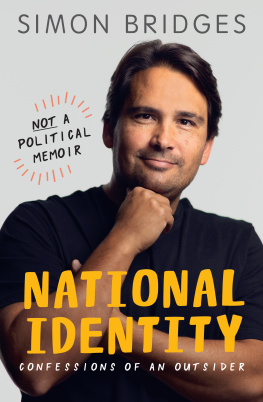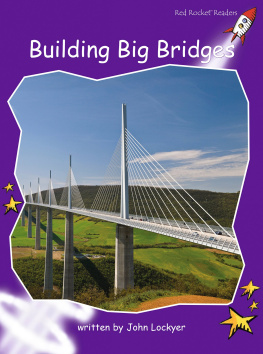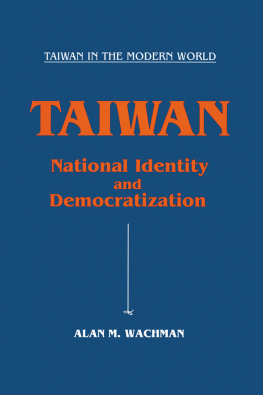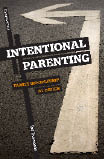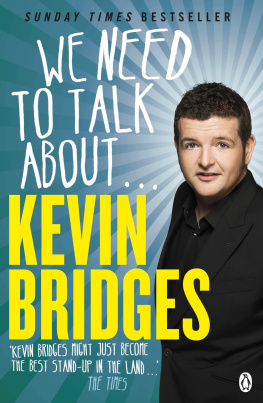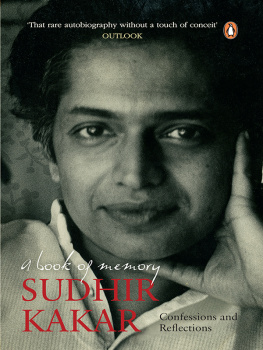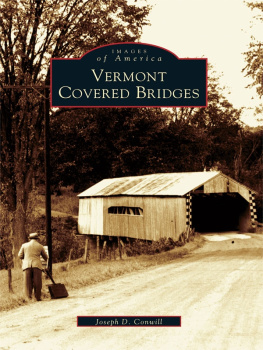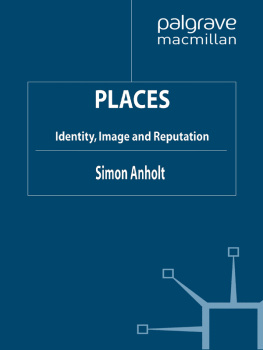Simon Bridges - National Identity: Confessions of an outsider
Here you can read online Simon Bridges - National Identity: Confessions of an outsider full text of the book (entire story) in english for free. Download pdf and epub, get meaning, cover and reviews about this ebook. year: 2021, publisher: HarperCollins, genre: Home and family. Description of the work, (preface) as well as reviews are available. Best literature library LitArk.com created for fans of good reading and offers a wide selection of genres:
Romance novel
Science fiction
Adventure
Detective
Science
History
Home and family
Prose
Art
Politics
Computer
Non-fiction
Religion
Business
Children
Humor
Choose a favorite category and find really read worthwhile books. Enjoy immersion in the world of imagination, feel the emotions of the characters or learn something new for yourself, make an fascinating discovery.
- Book:National Identity: Confessions of an outsider
- Author:
- Publisher:HarperCollins
- Genre:
- Year:2021
- Rating:3 / 5
- Favourites:Add to favourites
- Your mark:
- 60
- 1
- 2
- 3
- 4
- 5
National Identity: Confessions of an outsider: summary, description and annotation
We offer to read an annotation, description, summary or preface (depends on what the author of the book "National Identity: Confessions of an outsider" wrote himself). If you haven't found the necessary information about the book — write in the comments, we will try to find it.
National Identity: Confessions of an outsider — read online for free the complete book (whole text) full work
Below is the text of the book, divided by pages. System saving the place of the last page read, allows you to conveniently read the book "National Identity: Confessions of an outsider" online for free, without having to search again every time where you left off. Put a bookmark, and you can go to the page where you finished reading at any time.
Font size:
Interval:
Bookmark:
Contents
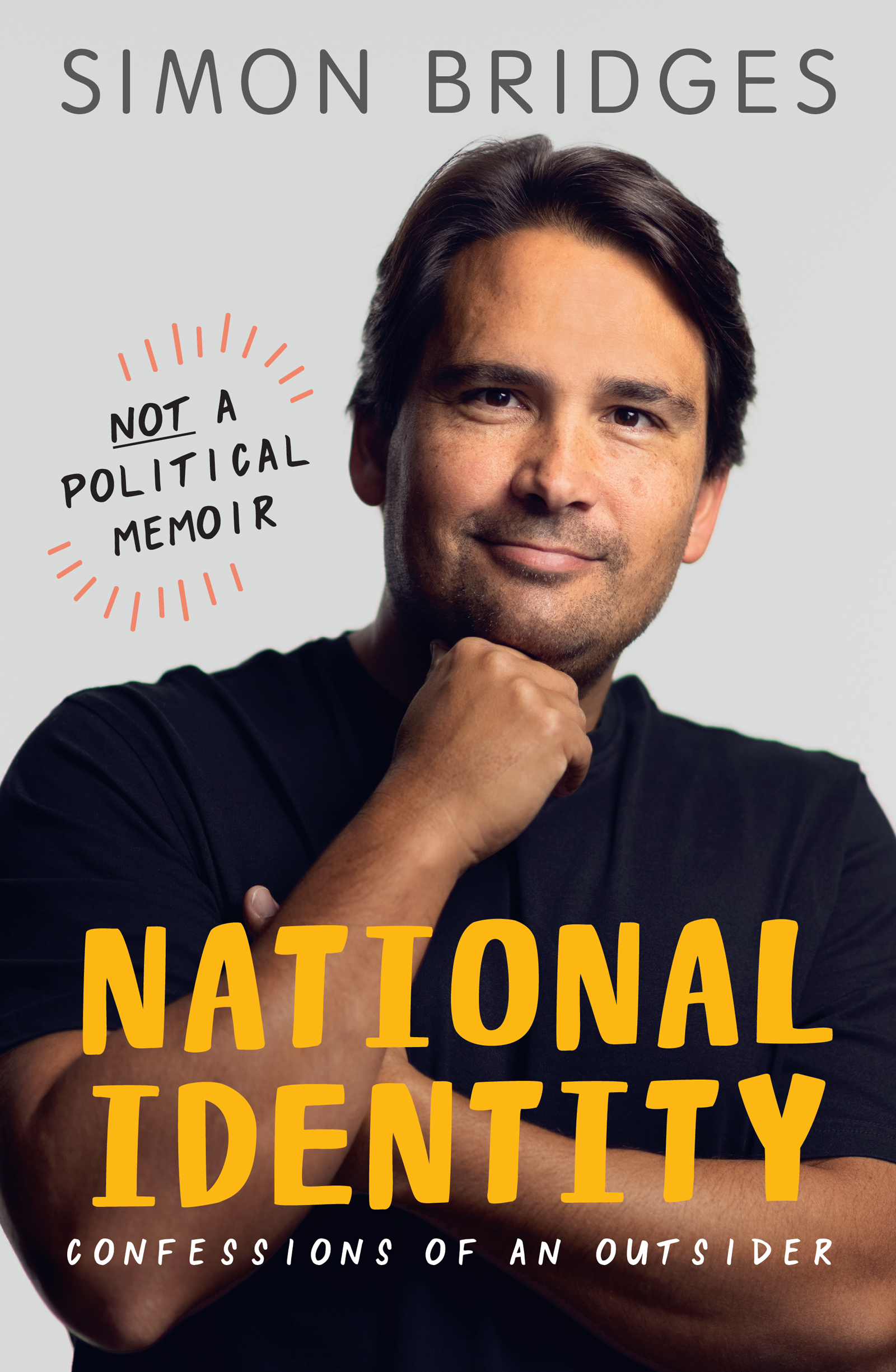
For Natalie
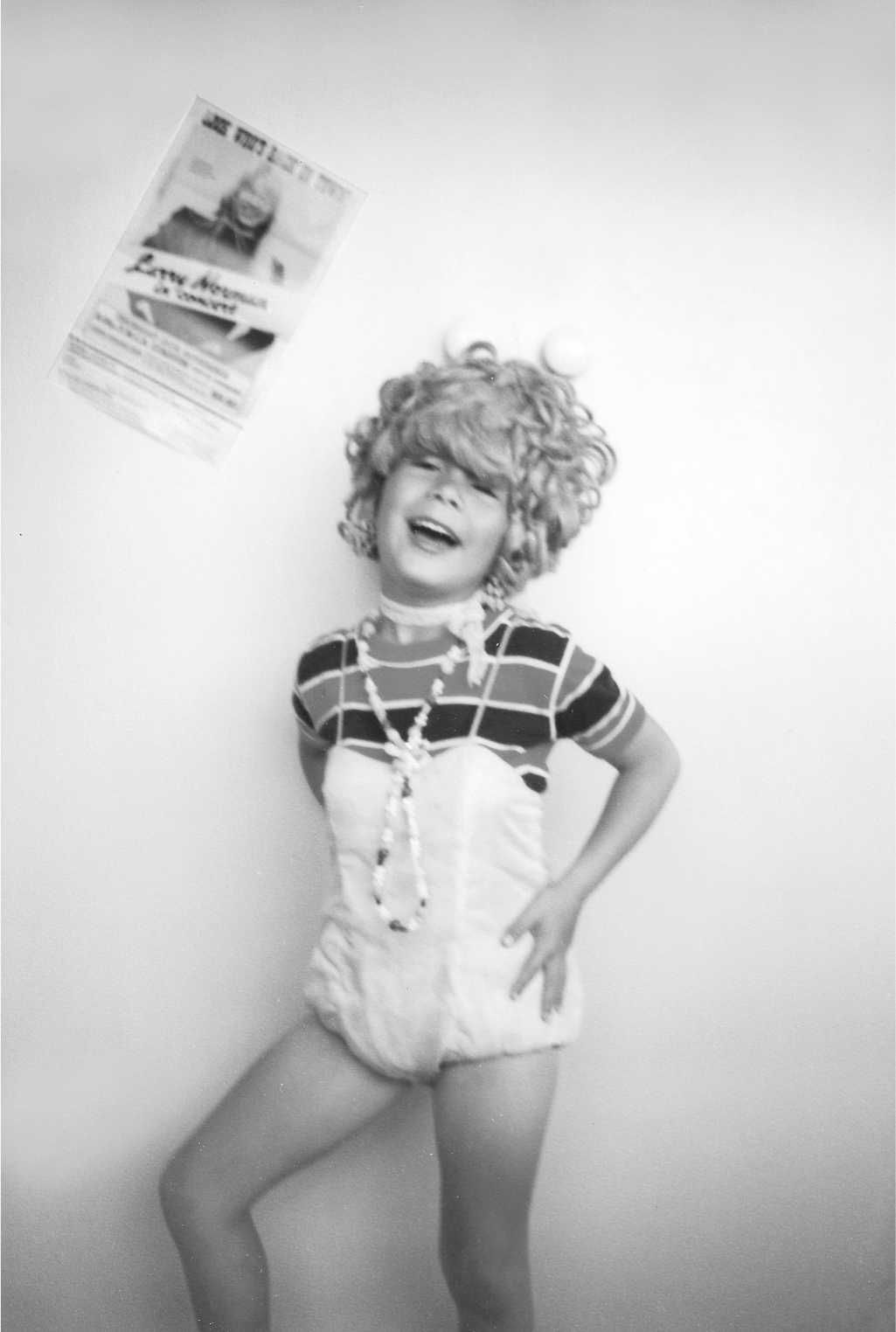
Six-year old me, circa 1982, dressed up as a pretty lady by my older sisters, make-up and all.
I LOVE NEW ZEALAND. I LOVE IT MORE THAN ANYWHERE ELSE because its mine, the place of my forebears and my descendants. But no country is perfect. There are aspects of our national character that frustrate me, annoy me and downright make me angry. If we think of New Zealand as better than everywhere else, that indicates a complacency and smugness. And that holds us back.
The title of this book is of course something of a dad joke. But it also marks a serious attempt to question myself and the country I live in. Im not suggesting some bout of self-doubt or self-loathing. Far from it. I simply want to strip back our collective self-satisfaction and take a good look at a few facets of our identity, often through my own story. New Zealand can be even better. And if we can be, we should be.
One dictionary definition in my big old Collins says identity is the state of having unique identifying characteristics held by no other person or thing. I like that. You and I have unique identities, and I explore mine here in this book. I also explore our national identity.
To use a terrible but useful phrase, Ive gone on a personal journey. Im still very much on it. Who I am today is different to who I was as a youngster or a young lawyer. I suspect this will also be true in another decade and then in the decade after that. My identity has and will continue evolving. As my old mate Lockwood Smith once said, those whose views havent changed over the years shouldnt be proud, they should be dejected. If we arent moving with the times and evolving to changed circumstances to at least some degree, we are numpties.
I have come to realise I see myself as different, an outsider. Being Mori puts me in the minority, and yet for much of my life I also havent felt properly Mori or accepted as such. The same is true with my British heritage so strong in my DNA, but on the other side of the world I am not comfortably accepted in any camp. Not fitting in, whether at law school or rugby games, has left me simultaneously wanting to lean in and withdraw. I bet I am not alone here.
In this book I have sought to be faithful to what is true and what I actually feel and believe. Sometimes this is against my own interest, as I let you know of my cowardice and lack of physical prowess or admit what a tool I made of myself trying to get into law firms and how hurt I was when the media mocked my lack of elocution. But there is no point in trying to be someone else just because it might be bad for my brand. Life is too short and who cares anyway. To quote a great lyrical expression of that ethos, Anthony Kiedis sings, I am what I am; most mother%$kers dont give a damn.
Every chapter in National Identity addresses something that has had a profound effect on who I am and what I believe. I begin with race and my Mori whakapapa. My experience is a feeling of otherness for being Mori, and yet an otherness from other Mori. Too Mori and not Mori enough. Its taken me time as an adult to work all this out and feel comfortable with who I am in my own skin. I am not alone in this far from it. New Zealand itself is still working this out.
I also deal with my nationality, and specifically another massive chunk of my whakapapa: my Englishness. Its cringeworthy today to speak of home back in the United Kingdom, but my roots to that place a million miles away go back millennia. I take my English ancestry with me like an imaginary friend wherever I go, but I also wonder how much the fact of it really matters anymore.
In our national consciousness we still hold on to a view that we are an egalitarian nation better and fairer than most other places. Are we really? I reckon we are much more classist than we oh-so-self-contentedly think. While we dont have the explicit class divisions of Great Britain, we do have softer distinctions that grow like house prices by the day. In National Identity, I grapple with being raised working class and breaking into the upper reaches of our society, learning a few hard lessons along the way.
Chapter four is devoted to masculinity. According to our Kiwi culture, Ive never quite been a real man, and I am sure there are many men who know this feeling too. A lightbulb went on for me when I realised that I am an introvert. Carl Jung thought that where you fit on the extrovertintrovert scale is the most important factor in your personality. I think hes right, and working out I was an introvert has massively helped my wellbeing. I no longer struggle to meet some extrovert ideal. Our idealised masculinity in New Zealand is of strong, physical, laconic men and I think we need to move on.
I also examine my relationship with my father. Dad is now in his late eighties and has dementia. But he was always an emotionally distant father, an island out at sea. If we are all a reaction to our parents, I certainly prove the point. I try, though, to parent differently to him and give more of myself emotionally and timewise to my children.
I have dedicated National Identity to my wife Natalie. Most of us have or have had partners, and just as people look more like their pets over time, so too do life partners. In my case, Natalie and I have become more similar, more integral to each others lives, and have changed each other forever. A committed relationship refines and satisfies us. It makes us better people.
Politics, education, crime, kai, music, nature: these are the stuff of a life. Culturally, a lot has changed in recent times for New Zealand. In politics weve become less robust, more snowflakish. Moreover, people dont participate as much anymore, eroding our institutions and national life. On education, I believe we are in crisis. We are turning into Aotearoa, Lifestyle Nation, rather than one that places value on excellence. Were deluding ourselves if we think that we are world-leading in education; world-losing would be more accurate. With crime, while its causes can be complex, lets not think a bout of Kumbaya is the answer. What do I reckon? That what worked in the past deterrence is still the primary answer. As for food, music and nature, even theyve been caught up in identity politics of late. As I show, the world is a minefield, yet so enriching if we can manage the navigation. Anyone for a steak pie? Im hungry.
Leaving real life, what about my life online? The all-pervading effect of social media is changing how we perceive ourselves and our tribes within society. While an Instagram post can be heartwarming, a Twitter pile-on can be devastating. Ive seen this in my own career first-hand, as social media has destroyed me and then built me up again. Ive also learned valuable lessons for life online, like that less is more and that our real worth and friendships come from the physical world.
Speaking of which, how is New Zealand placed in the big bad world? I liken the answer to an increasingly dangerous Tinder date. As I argue on just about every other page, we need to shake off our complacency about whats happening. History will judge us.
Finally, I touch on an intensely personal subject for me: religion. Growing up in a religious household, its always been a thing. I tell you my family and personal story, and more broadly reflect on the decline of Christianity in New Zealands Pkeh community to the point where Christians are the new pariahs in mainstream society. Meanwhile, many are going in for a pick n mix spirituality fix. More complacency and smugness? I couldnt possibly comment.
Font size:
Interval:
Bookmark:
Similar books «National Identity: Confessions of an outsider»
Look at similar books to National Identity: Confessions of an outsider. We have selected literature similar in name and meaning in the hope of providing readers with more options to find new, interesting, not yet read works.
Discussion, reviews of the book National Identity: Confessions of an outsider and just readers' own opinions. Leave your comments, write what you think about the work, its meaning or the main characters. Specify what exactly you liked and what you didn't like, and why you think so.

